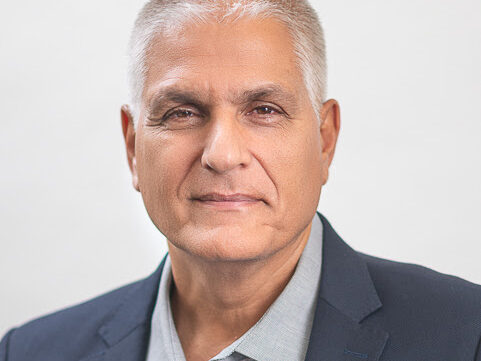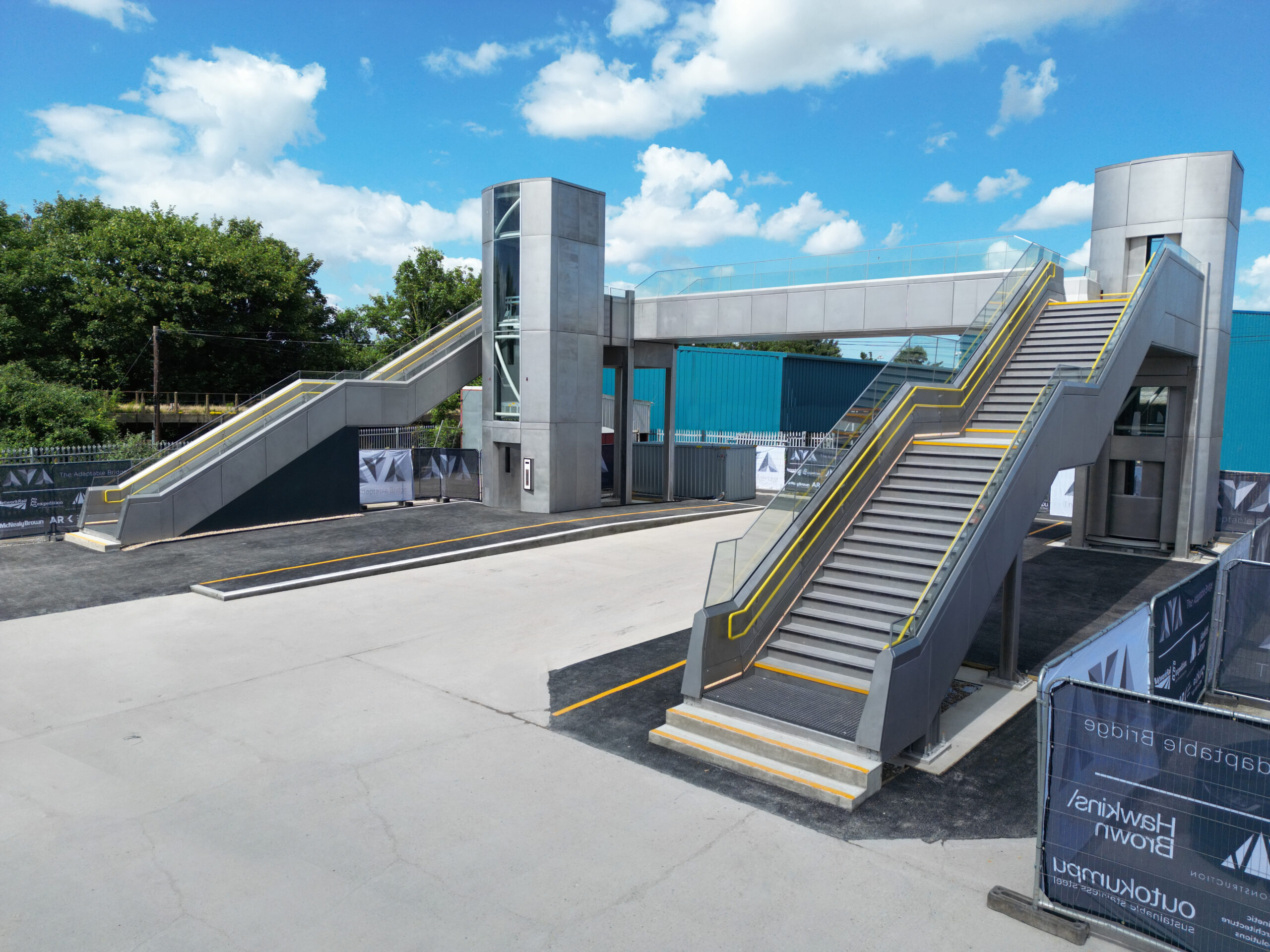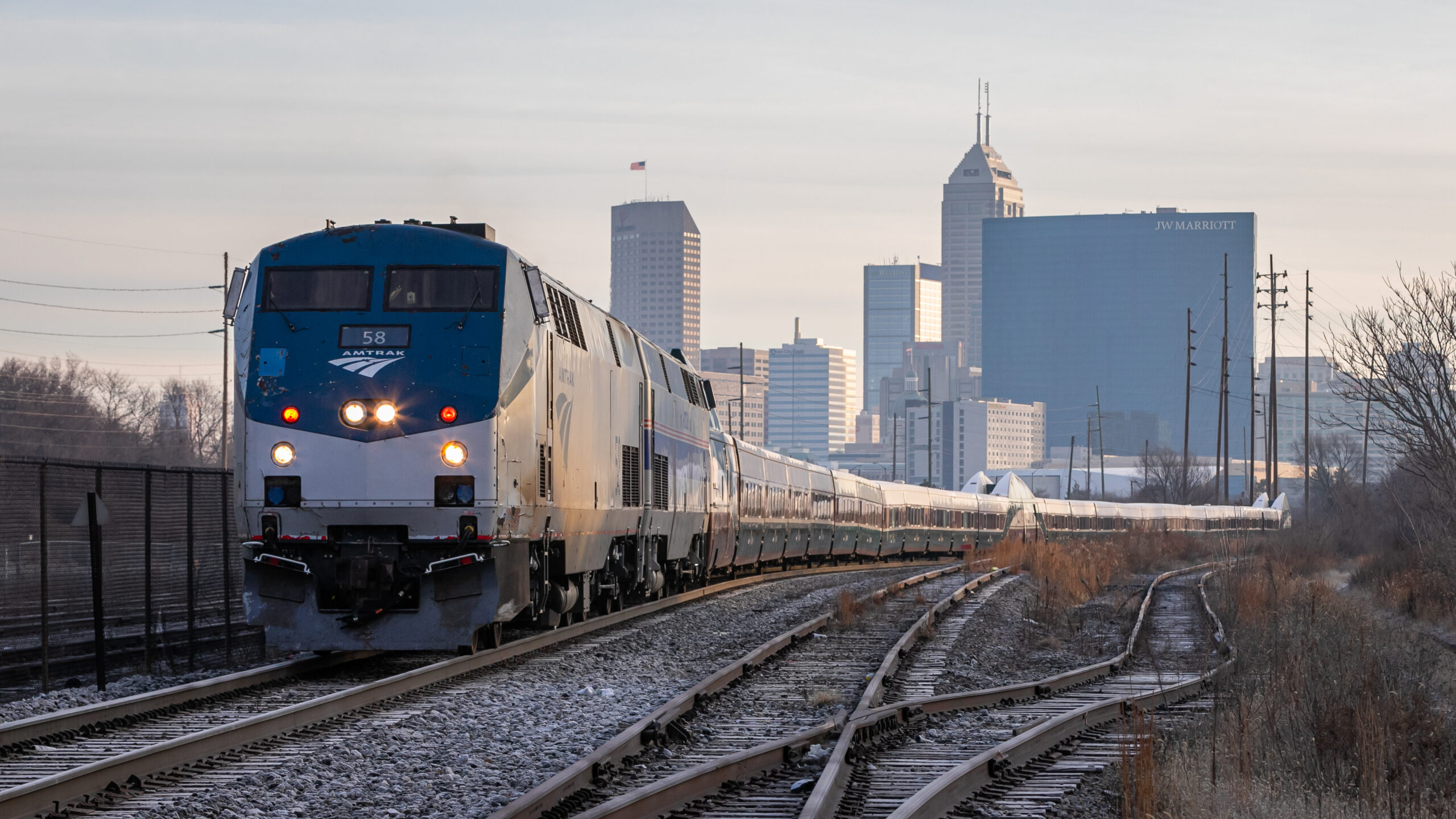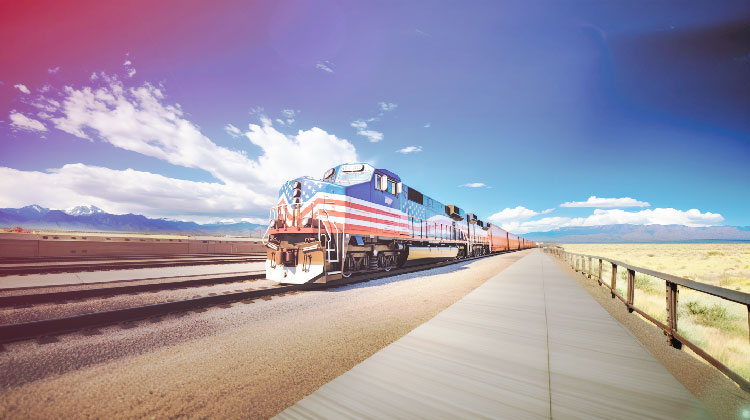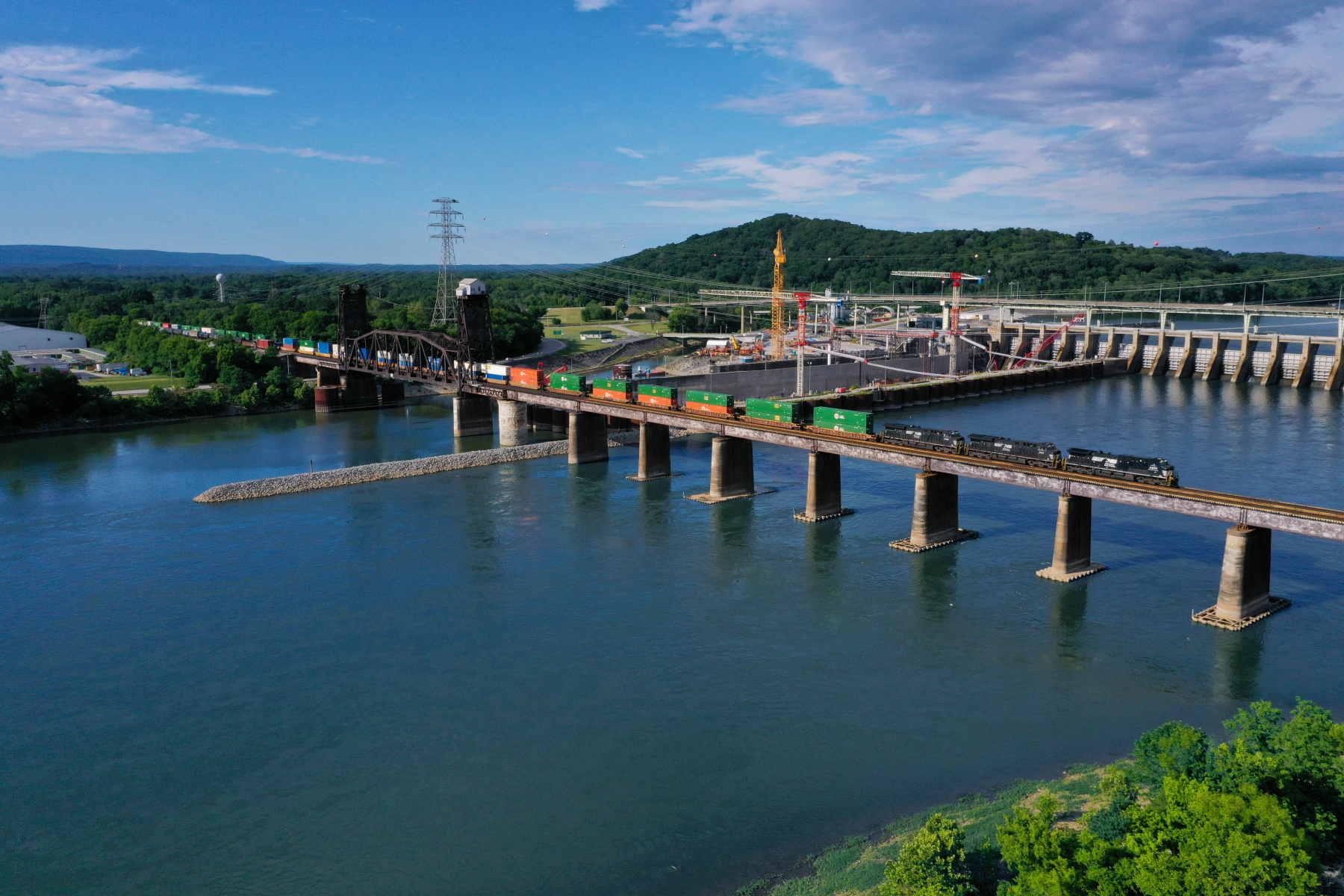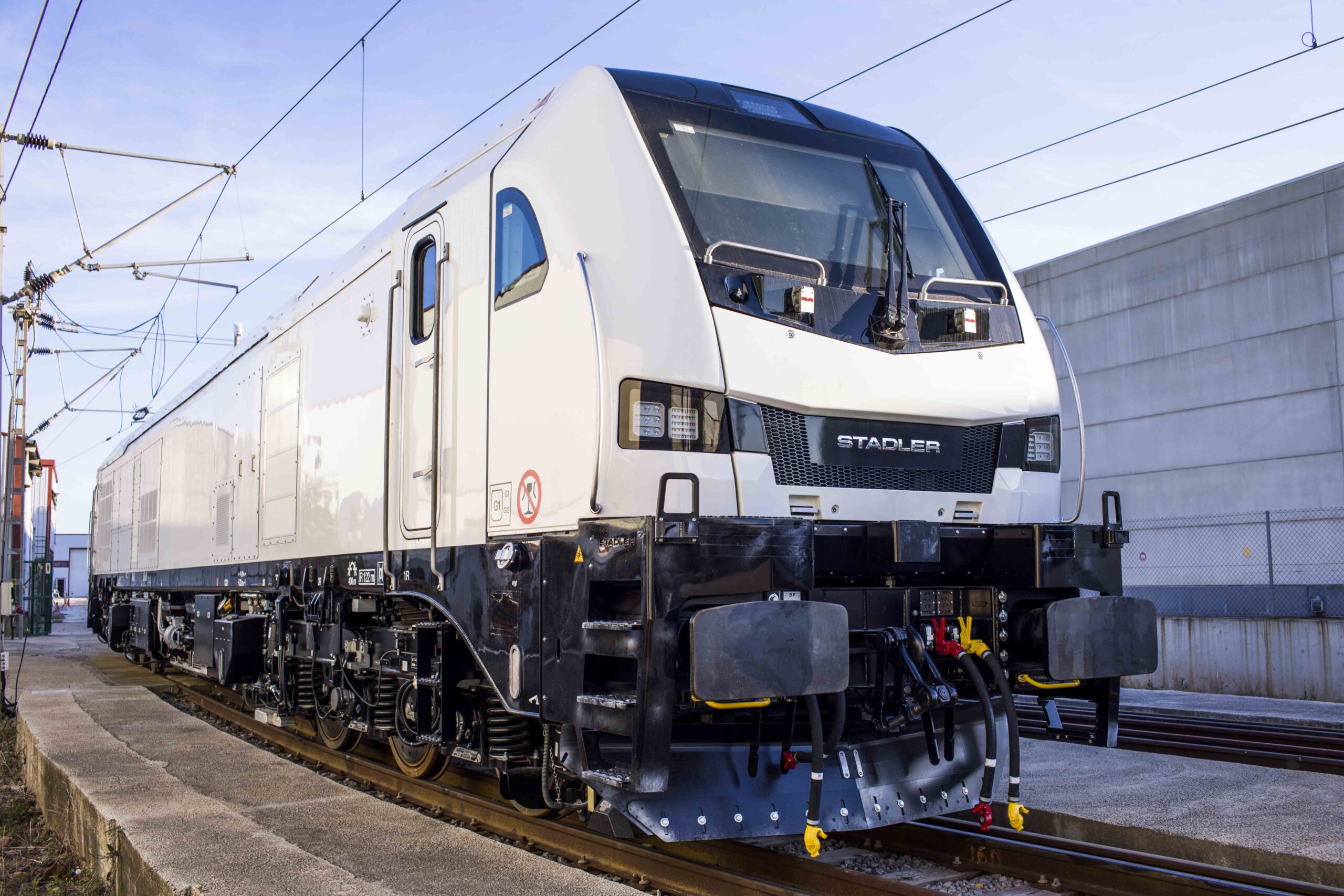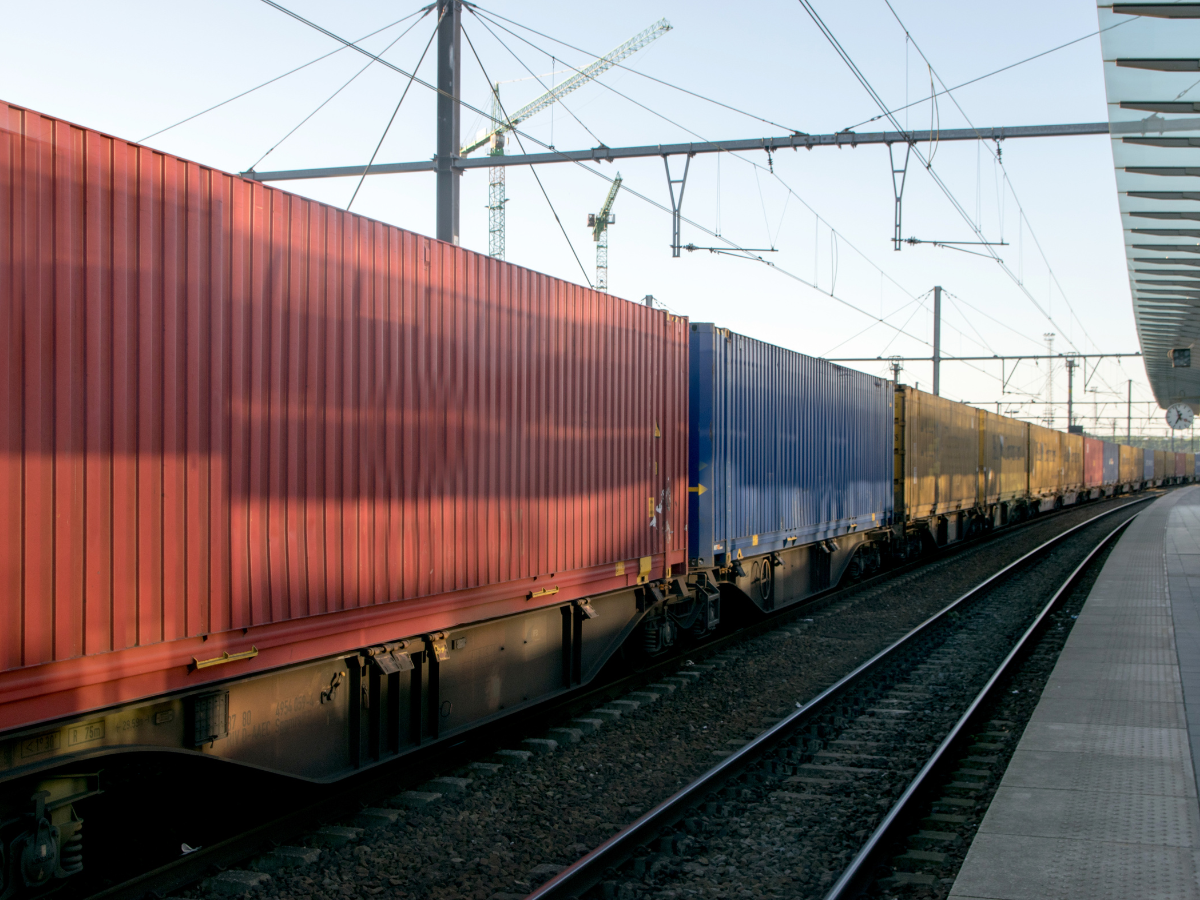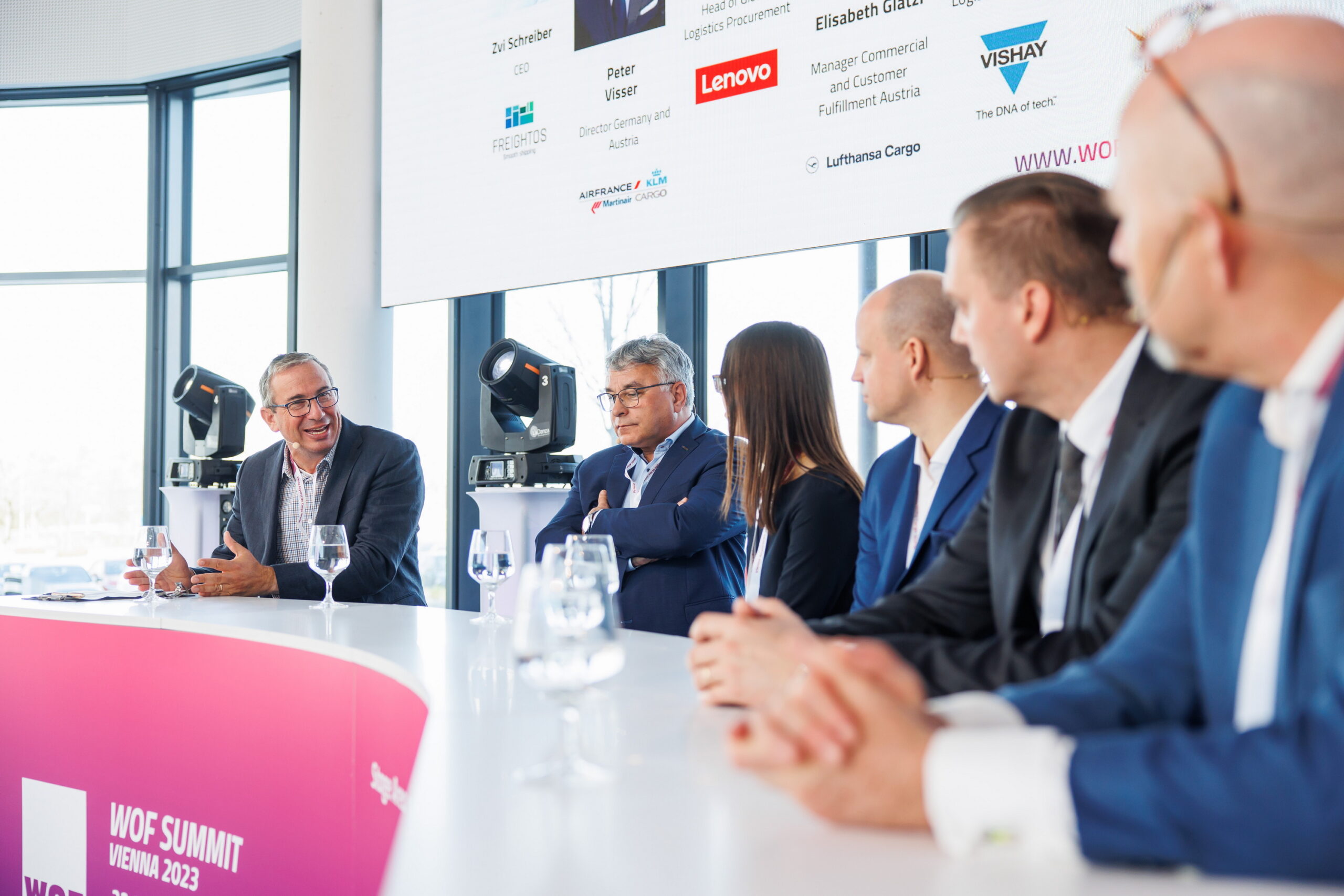By Shahar Hania, CEO & Co-Founder at Rail Vision
The freight rail industry, a critical component of global trade and logistics, is undergoing a transformative phase. Innovations in technology, operations, and management are reshaping the future of rail cargo, making it more efficient, sustainable, and responsive to the evolving market demands.
Emerging Technologies in Freight Rail
The integration of cutting-edge technologies is at the forefront of transforming freight rail. Automated and remote-controlled trains, advanced tracking and monitoring systems, and AI-driven logistics solutions are enhancing the efficiency and reliability of freight operations. These technologies not only streamline operations but also contribute to significant cost savings and improved service delivery.

Sustainability in Freight Operations
Sustainability is becoming a central focus in freight rail. The shift towards greener practices includes the adoption of alternative fuels, such as LNG (Liquefied Natural Gas) and hydrogen, and the implementation of more energy-efficient operations. These initiatives not only reduce the environmental impact of freight rail, but also align with the broader global goals of reducing carbon emissions.
Enhanced Safety and Security Measures
Safety and security are paramount in freight rail, and innovations are continuously being developed in these areas. Advanced sensor technologies and predictive analytics are being used to guard the most important asset of the organisation, which are the employees, by preventing accidents and ensuring the safe transport of goods, particularly hazardous materials. Enhanced security protocols and systems are also being implemented to protect cargo from theft and tampering.
Intermodal Transportation: The Integrated Approach
The future of freight rail is closely tied to the concept of intermodal transportation – the seamless integration of different modes of transport. By efficiently combining rail with road and sea transport, the entire logistics chain can be optimised. This approach not only improves transit times and reduces costs, but also minimises the environmental footprint of cargo transport.
Smart Rail Infrastructure
Investments in smart rail infrastructure are crucial for the future of freight. This includes the development of specialised freight corridors, smart terminals, and automated loading and unloading systems. Such infrastructure is essential to handling the increasing volume of freight and to meet the demands of a rapidly globalising economy.
Challenges and Opportunities Ahead
Despite these advancements, the freight rail industry faces challenges such as adapting to changing trade patterns, managing capacity constraints, and ensuring interoperability across international borders. However, these challenges present opportunities for innovation and collaboration within the industry.
Moving Forward
As we look towards the future, the freight rail sector is poised to become more dynamic and integral to global trade. Embracing innovations, prioritising sustainability, and enhancing efficiency are key to this evolution. The tracks laid by today’s innovations pave the way for a more connected and efficient global freight rail system.


















